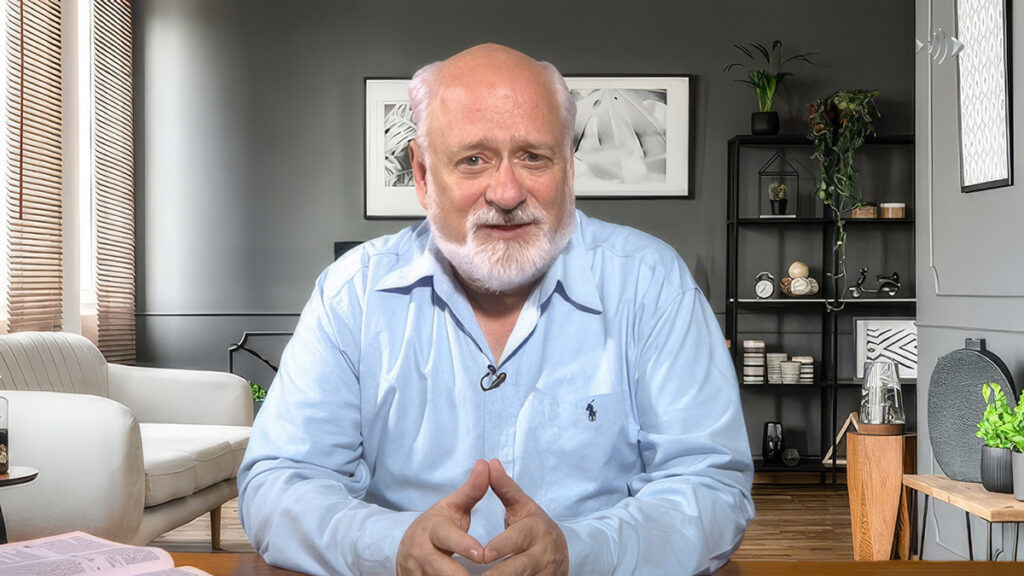As 17th-century Japanese poet Matsuo Bashō walked along the Fuji River on one such trek in 1684, he saw a three-year-old boy on the riverbank who his parents had apparently abandoned.
The child was crying in hunger, looking “as fragile as the flowers of bush-clover that scatter at the slightest stir of the autumn wind.”
Moved to pity, the poet gave the child his own meager supply of food. Reflecting on the experience, he later wrote:
Who pitied monkeys for their cries,
What would he say, if he saw
This child crying in the autumn wind?
How is it indeed that this child has been reduced to this state of utter misery? Is it because of his mother who ignored him, or because of his father who abandoned him?
Alas, it seems to me that this child’s undeserved suffering has been caused by something far greater and more massive — by what one might call the irresistible will of heaven.
If it is so, child, you must raise your voice to heaven, and I must pass on, leaving you behind.
From one child to many
That one boy’s cry still echoes today—in countless places where suffering is overlooked. His story is also the story of many whose unique biographies are shaped by anonymous pain, grief, and “utter misery.”
In the Middle East, in Ukraine, in sub-Saharan Africa, in Haiti, in refugee boats in the Mediterranean and in the deserts of the southwest United States—in our own neighbourhoods and even in our own homes.
The cries we choose to hear
Too often, we are more concerned with what Bashō called “monkeys’ cries”—the distractions of nationalism, economics, status, stability, comfort, and security.
These are the things that command our attention, while we ignore the real cries—the cries of children in the autumn wind.

Where is God in this?
When we reflect upon that boy on the riverbank, do we believe that God somehow willed or caused his plight?
Some conclude that there is no God. Suffering, and for that matter, life itself, has no deeper meaning—it just is.
Others may believe in a God who began creation but now remains distant and uninvolved.
But perhaps Bashō gives us another way of understanding God. In sharing his last morsel of food with the child, he entered the boy’s hunger.
This recalls the wisdom of the Catholic and Orthodox tradition, where Christ remains on the cross—God not escaping suffering, but entering into it.
Not to remove the pain. That is not the message of the cross.
Where God waits
If we truly wish to know God, we must go—emotionally if not physically—to the riverbanks of the world, to the places where people suffer.
That is where God is.
To be Godlike
If we really wish to be Godlike, we must be emotionally if not physically on the riverbanks of the world, the places where people suffer, because that is what God does.
When we respond to the pain of others, then God is with us and we are like God.

- William Grimm, a native of New York City, is a missioner and presbyter who since 1973 has served in Japan, Hong Kong and Cambodia. A graduate of the Columbia University Graduate School of Journalism in New York, he is the publisher of UCA News.
- First published in UCANews.com. Republished with permission.

